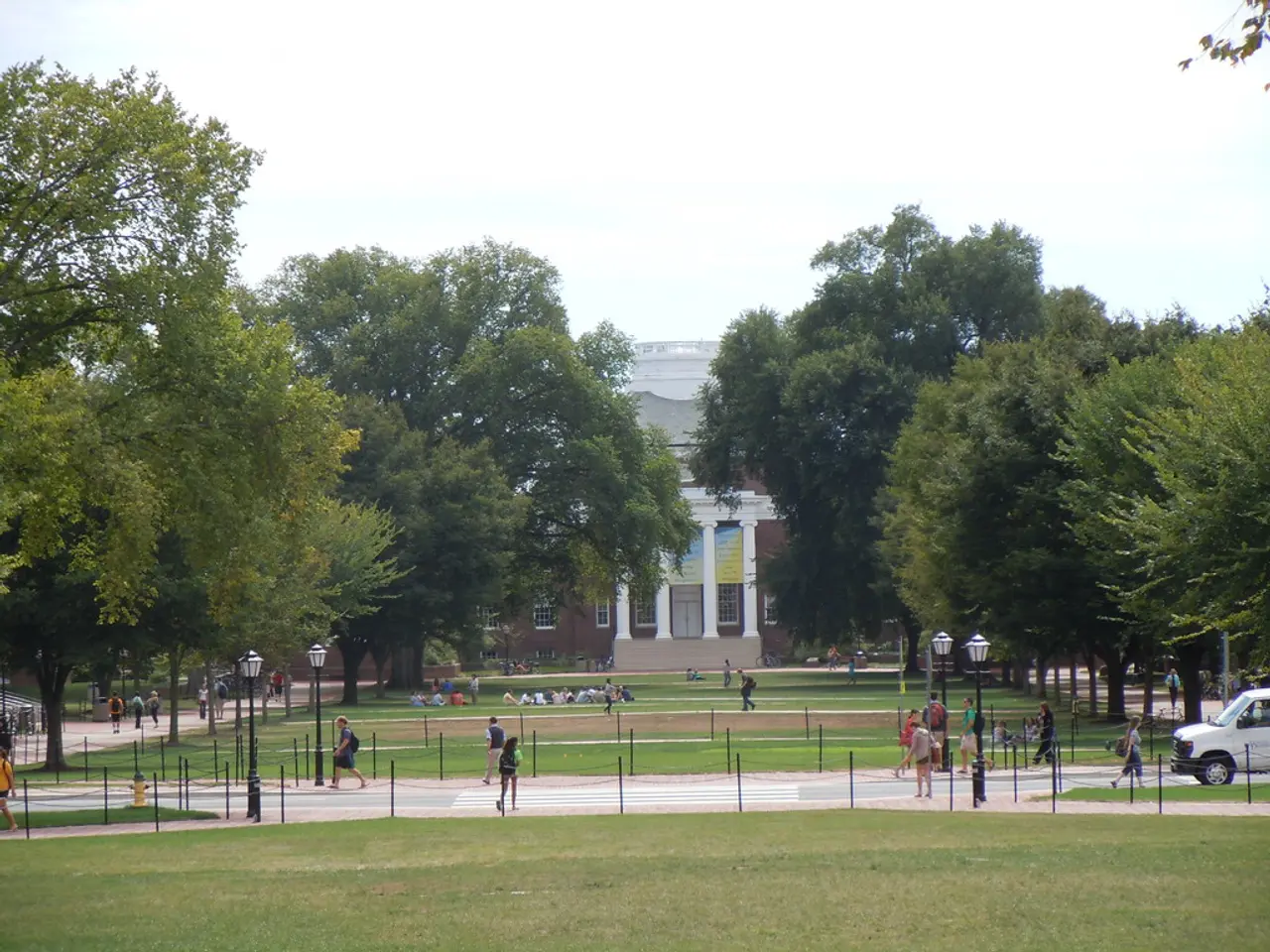Strategies for Collaborating with Educators to Foster Learning Communities:
In a bid to foster a deeper connection with the natural world, nature workshops are being designed with a collaborative approach, involving educators, environmental education centers, community colleges, homeschool networks, and youth organizations.
By defining a clear vision and goals that align with the interests and needs of partners and participants, these workshops promise focused programming and meaningful outcomes. Collaborating closely with educational partners allows for the integration of workshop content into curricula or extracurricular offerings, creating tailored lesson plans or activity modules that complement what educators are teaching.
Reputable environmental education centers and community colleges are being leveraged as venues or co-hosts, enhancing the quality and appeal of the workshops. Their staff is engaged as instructors or guest speakers to enrich the learning experience.
The workshops are designed to offer engaging, hands-on, place-based learning experiences that connect participants directly with nature. Nature journaling, field observations, and interactive activities over multiple sessions are used to deepen engagement and retention.
Supporting differentiated instruction is crucial, with individual guidance during workshops to monitor participant progress and offer constructive feedback tailored to varying skill levels.
Partnerships with youth organizations and homeschool networks help reach diverse audiences, offering flexible scheduling and formats to accommodate different needs and increase accessibility.
Meticulous planning and communication of logistics are essential, ensuring a relaxed, welcoming atmosphere conducive to learning and exploration. Clear timelines and structured sessions help keep activities focused and efficient.
Incorporating feedback and continuous improvement is key, with participant and partner input used to refine content, delivery, and collaboration approaches, ensuring each workshop builds on previous successes.
Community colleges offer access to motivated adult learners seeking environmental education. Semester-long nature programs are being designed as non-credit continuing education courses. Spring programs focus on plant growth and animal behavior changes, while fall workshops explore seed dispersal and preparation for winter.
Aligning nature workshops with state science standards makes them more attractive to educators. Offering Certificate Programs in Environmental Studies in collaboration with college administrators is also being considered.
Partnering with environmental education centers provides access to trained naturalists, research-based programs, and specialized outdoor facilities. Access to extensive libraries of field guides, specimen collections, and interactive learning materials is available through these centers.
Partnering with homeschool networks offers diverse educational experiences and flexible scheduling opportunities. Community colleges often have funding specifically allocated for professional development programming that benefits working adults.
The partnerships provide access to educators' expertise in curriculum design and classroom management. Offerings like "Outdoor Classroom Management" or "Weather and Climate Education" are being developed to cater to this need.
Family-friendly learning experiences that cater to multi-age groups are being created. Collaboration with youth organizations for after-school nature programs, including Scout troops and 4-H clubs, is underway.
Establishing regular field trip partnerships with teachers can lead to deeper connections with students. These collaborations have the potential to transform nature workshops into powerful learning experiences.
By incorporating programming focused on environmental education and self-development, these workshops aim to promote personal growth and learning, offering tailored content that aligns with the interests and needs of diverse participants. Through collaborative efforts with educational partners and organizations, workshop presentations can be woven into curricula or extracurricular offerings, creating engaging, hands-on, place-based learning experiences for all ages, fostering a deeper connection with the natural world.




